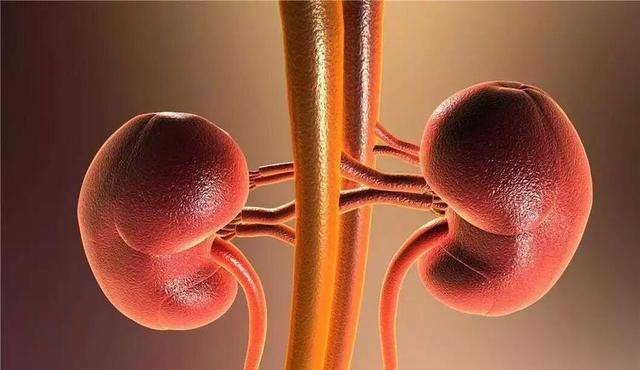Recently, a heartbreaking piece of news has attracted widespread attention. A 41-year-old man passed away due to high uric acid leading to uremia. According to doctors, this man’s uric acid level reached 730, far exceeding the normal range. One of the reasons for his elevated uric acid levels was his long-term consumption of some “gout accomplice” foods.
Gout is a disease caused by a disorder in uric acid metabolism, mainly manifested as joint pain, redness, swelling, and fever. Uric acid is one of the body’s metabolic byproducts, which, under normal circumstances, is excreted through the kidneys. However, when uric acid elimination is hindered or overproduced, it results in elevated uric acid levels and triggers gout.
Doctors point out that improper diet is the main reason for high uric acid levels. In this man’s diet, four types of foods are considered as “gout accomplices.” Firstly, high-purine foods such as animal organs, seafood, and meats. These foods contain high levels of purines, and excessive intake can increase uric acid production. Secondly, alcohol beverages, especially beer. Alcohol inhibits uric acid excretion, leading to its accumulation in the body. Thirdly, sugary drinks and high-sugar foods. Studies have shown that a high-sugar diet can increase uric acid production, raising the risk of developing gout. Lastly, caffeine. Caffeine promotes uric acid production and impedes its excretion, thus excessive caffeine intake can also elevate uric acid levels.
Apart from improper diet, other factors can also lead to high uric acid levels. For instance, obesity, hypertension, diabetes, and other chronic diseases are associated with disrupted uric acid metabolism. Additionally, prolonged use of certain medications like diuretics, aspirin, etc., may also trigger high uric acid levels.
Dietary adjustments are crucial for gout patients. Firstly, limiting the intake of high-purine foods is essential. Choosing low-purine foods like vegetables, fruits, whole grains is recommended. Secondly, adequate water consumption helps increase uric acid excretion. Furthermore, incorporating foods rich in vitamin C can aid in uric acid excretion. Lastly, avoiding excessive alcohol consumption and high-sugar food intake is necessary.
Early detection and intervention are vital for individuals with high uric acid levels. Upon experiencing symptoms like joint pain, swelling, timely medical consultation for professional diagnosis and treatment is advised. Moreover, attention to dietary adjustments by avoiding excessive intake of “gout accomplice” foods and maintaining a healthy lifestyle is essential.
In conclusion, high uric acid is a common metabolic disorder that significantly impacts a patient’s quality of life. Improper diet is one of the key reasons for elevated uric acid levels. Therefore, increasing awareness of gout, adjusting dietary habits sensibly, avoiding excessive consumption of “gout accomplice” foods, maintaining a healthy lifestyle are crucial steps to prevent and manage high uric acid levels. Only by doing so can we steer clear of the troubles of gout and embrace a healthy life.


